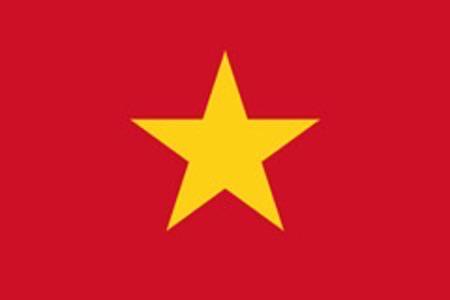Chinese activists banned from their own Facebook accounts. ReadWriteWeb has written before about Facebook’s shutting down of pages and groups devoted to boycotting corporations. We have discovered and covered a loophole, whether intended or not, that allowed bully groups to shut down pages run by people they didn’t like or devoted to ideas they objected to.

Now, three activists in Hong Kong have been banned from their own page. All three administrators of a Facebook page devoted to stopping the development of luxury housing on endangered wetlands in Hong Kong. One admin was accused of using a false name, another of “abusing” the Add Friend button.
Facebook responds below the fold.
Facebook’s influence and actions, such as attention to profane ad hominem attacks against gay men and women, are far from all bad. But they are, if you’ll pardon my putting it like this, consistently inconsistent. From sudden declarations of privacy’s death and hard-sell tactics to enforce cooperation with forced “openness” to backpedaling in the opposite direction — if any of these lurching decisions follow from policy, it must be a policy of profound subtlety, because it has been impossible to anticipate.
Isn’t it time for Facebook to formulate a coherent policy on these very real issues instead of continuing to play PR bumper-cars?
Update: a Facebook spokesperson responded.
Facebook is not – and has never been – in the business of disabling accounts or removing content simply because people are discussing controversial topics. On the contrary, we want Facebook to be a place where people can openly express their views and opinions, even if others don’t agree with them. It’s also incorrect to assume that when a person’s account is disabled, or a piece of content is removed, it’s because of the nature of the content itself. There are a few types of content that we don’t allow, such as nudity and pornography, hate speech, and threats of real physical violence, but sensitive topics are not against our policies. When we take action on an account or piece of content, it’s nearly always for one of the following two reasons:
- The content or behavior associated with the account was reported to us by people on Facebook, and we reviewed it and determined that it violated our community standards.
- It was flagged by one of our automated systems for preventing spam and other annoying behavior (explanation of these systems here: http://blog.facebook.com/blog/?post=403200567130).
Examples of behavior that might be flagged include having a high percentage of friend requests ignored or marked as spam, or sending lots of friend requests or messages to members of the opposite sex who are not your friends.
Freedom House study shows abuse of blasphemy charges. We have recognized the damage done by blasphemy charges, and is use as a tool of internal coercion, since we started this column. Anyone who covers online free speech issues will notice it in short order.

Now, Freedom House has released a study entitled, “Policing Belief: The Impact of Blasphemy on Human Rights.” That study’s conclusions are welcome. Among them is the realization that such laws, “designed to protect religious institutions, doctrines, figures, and concepts–in other words, nonhuman entities and ideas,” make it OK to sublimate mere humanity.
“(Blasphemy) laws have been defended by state authorities who claim they are needed for the maintenance of social harmony among various religious groups. This argument has also been employed at the United Nations as part of an effort to prohibit blasphemy–or “defamation of religions”–on an international level. Supporters of the project characterize it as an extension of the existing human rights framework, maintaining that blasphemous expression is discriminatory and negatively affects freedom of religion for the offended groups. However, an examination of the application of blasphemy laws indicates that they typically give rise to the violation, not the protection, of fundamental human rights.”
Vietnam keeps arresting bloggers. Last month, Vietnam arrested Pham Minh Hoang, a blogger involved with an opposition political group in that one-party country and a vocal opponent of Chinese-led bauxite mining in his country. This month, it has refused to free a blogger it arrested in 2008, Nguyen Hoang Hai. Also known as Dieu Cay, his release date was several days ago, but instead of freeing him, they transferred him to a different prison and briefly arrested his wife.

Two other bloggers, including Phan Thanh Hai (aka Anh Ba Saigon), were arrested at the same time. Phan was arrested for “propaganda against the state.” His wife however, believes that he, like Pham Minh Hoang, was arrested for condemning the bauxite mining in the Vietnamese highlands.
Vietnamese flag from JC John Cuneta
















